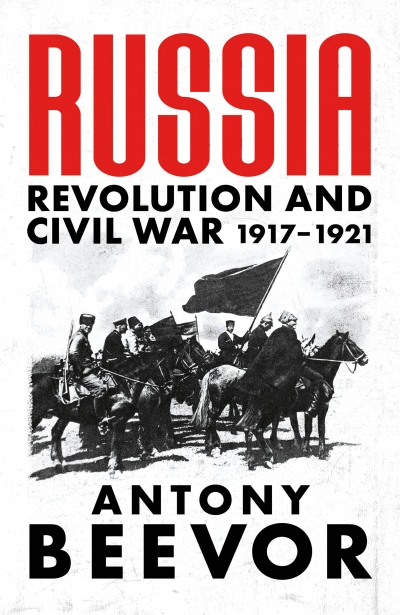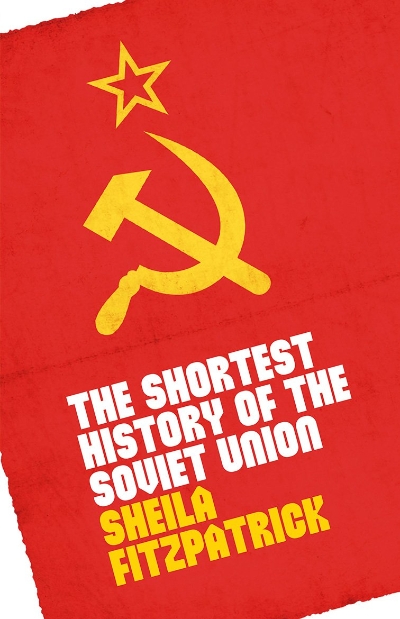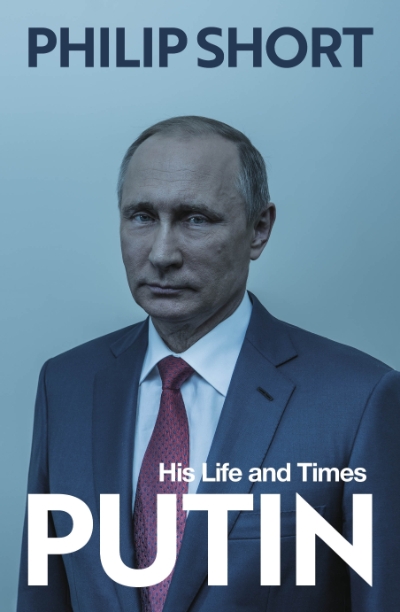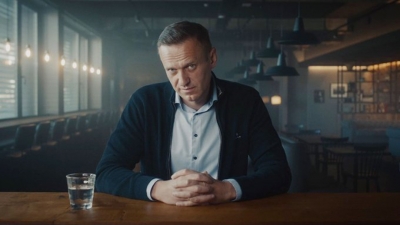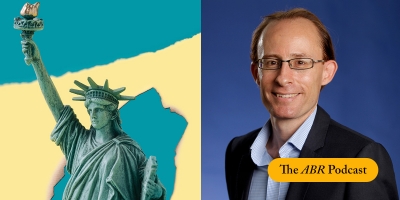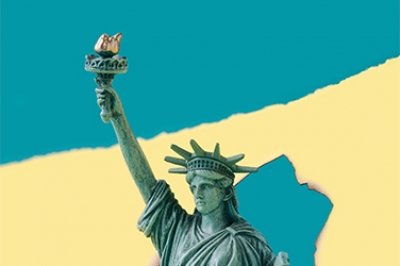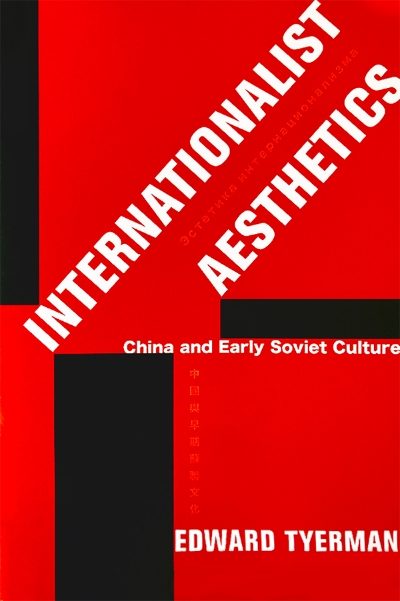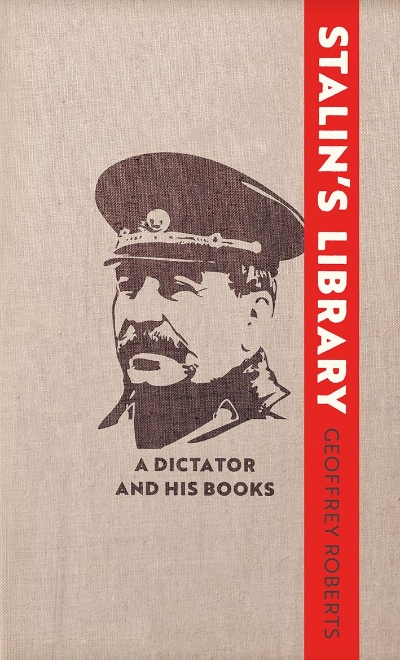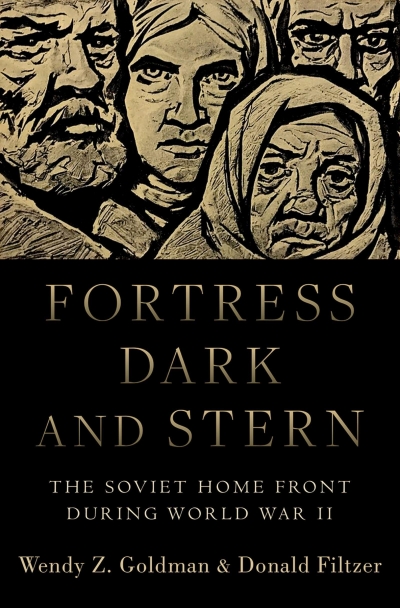Russia
The Shortest History of the Soviet Union by Sheila Fitzpatrick & Collapse by Vladislav M. Zubok
In the documentary film Navalny, Christo Grosev, chief investigator with the Bellingcat group of independent journalists, details how he followed the data trail to identify the FSB (Russian secret service) kill team who shadowed Alexei Navalny (leader of the opposition movement) to Siberia in August 2020 and poisoned him with the Soviet-era nerve agent Novichok. The attack left Navalny in a coma, teetering between life and death in a Russian hospital, the doctors apparently complicit in the attempts to cover up the source of his illness.
... (read more)Russia’s invasion of Ukraine in late February this year was met with near universal condemnation by Western nations. While aggression of this kind and on this scale has been relatively anomalous this side of the second world war, Russia’s disregard for the laws and institutions upholding global peace and security is far from unprecedented. In this week’s episode of The ABR Podcast, Ben Saul reads his commentary piece from the July issue, arguing that Western disrespect for international law is entirely consistent with Russia’s violation of ‘a stable, mutually agreed world order’ ...
... (read more)Russia’s full-throttle invasion of Ukraine is so shocking because it is such a brazen assault on the post-1945 world order. Reminiscent of the age of empire, this is no border skirmish but an attempt to extinguish and cannibalise an independent neighbouring country.
... (read more)
